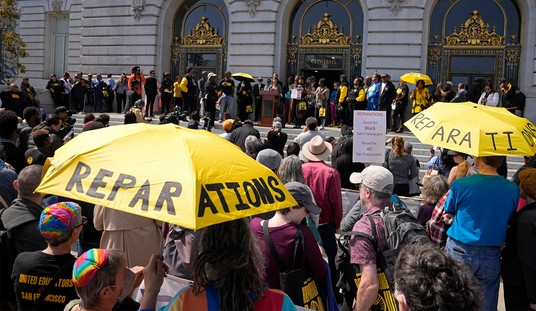My Aunt Nancy’s funeral was a few weeks ago now. Only, it wasn’t a funeral. She didn’t want a funeral. In fact, she didn’t want anything. No cards, no flowers, certainly no gathering and definitely nothing religious said over her grave. I know because I was told all of this as my mother explained that my uncle, having the stressful line to tow of mourning without dishonoring his wife’s last wishes, was hosting a very exclusive closed casket “gathering” and luncheon. So exclusive, in fact, that I was not invited.
The night before I dreamed once again of my other aunt, Aunt Ruthie, who passed away nearly three years ago. These two aunts were the ones I was closest to and knew the best growing up. They were quite friendly with each other. So friendly, in fact, that they used to joke with my grandmother about putting colored dot stickers on her possessions to mark which ones they wanted to inherit after her death. Both of my aunts are now dead. My grandmother is still (however unhappily) alive. The irony of this does not surprise me, just as the irony of dreaming of my Aunt Ruthie the night before my Aunt Nancy’s funeral did not surprise me, either.
Three years ago when my Aunt Ruthie passed away I went into shock. We had all seen each other less than a month prior at my grandmother’s 90th birthday party. I had complimented my aunt on how good she looked. A week later she had a series of small strokes, went into the hospital, and was diagnosed with a rare blood disease that caused thousands of small clots to form quickly. The disease was treatable, but my aunt had both good days and bad. My mother, my aunt’s sister, was quite shaken by the diagnosis as she had nearly been killed by a similar blood disease decades earlier.
“We think it is better you don’t visit today. It would just be… stressful,” my cousin explained to me via text message the morning I was to accompany my mother to visit her sister in the hospital. We were told not to come. Literally, don’t come. There wasn’t any bad blood between my mother and her sister. There was no need to deny a visit beyond fearing the specter of death that haunted every conversation. Permitting a family visit would mean acknowledging the seriousness of the situation. Therefore, don’t come.
So, we didn’t.
And then my Aunt Ruthie died. The treatment that was supposed to work didn’t. More than that, we don’t know. We weren’t given details. The only thing my mother got was a phone call notification that her sister was dead.
The funeral was scheduled quickly. Loads of people came. We got lost in the swath of mourners and I remained so focused on taking care of my shocked grandmother that the only thing I can recall clearly from the funeral is the image of my mother leaning over my aunt’s casket and simply exhaling, “Oh, Ruth Ann,” in a mournful tone.
I didn’t get to say goodbye then, and I don’t get to say goodbye now.
It’s cruel not to permit a loved one to say goodbye. Even when you don’t think death is going to happen. “Goodbye,” doesn’t have to be said. A simple conversation about the weather, a comment of “get well soon,” punctuated by a hug would suffice.
My son is obsessed with Shalom Sesame. He loves the episode where Grover takes on “Mitzvah Impossible,” to go visit Avigail who is sick. “Mazel tov, Grover,” the narrator says, “you have accomplished the mitzvah of bikur cholim, visiting the sick.” It is a mitzvah to visit the sick because it is an opportunity to cherish the person in front of you for who they are, not what state their body is in. My Aunt Ruthie’s death taught me this.
Each week I see notifications on my temple’s Facebook page to make a minyan so that those mourning or marking a yahrzeit may be comforted. It is a mitzvah to mourn, remember and honor the dead because it is a grounding reminder of your unchanging roots in an ever-changing world. My Aunt Nancy’s death taught me this.
I’ve always watched Israeli mourners with awe. Parents, relatives, friends, everyone regardless of relationship to the departed so fully and wholly expresses their grief with such pure, raw anguish. Writers, especially Western, Anglo writers fetishize anguish because they’ve been taught to deny themselves such catharsis when it comes to expressing emotion. They hold back their tears at the funeral and drink away the pain at the wake. Jewish American mourners ride the cultural line, too many of us assimilating into our Western surrounds without a thought of what it does for our emotional wellbeing, or lack thereof. None of it makes any sense. It is nothing more than living in denial.
We have a responsibility to visit the sick. We have the right to grieve. Responsibilities and rights are what grant us peace in ourselves and with each other.
Goodbye, Aunt Ruthie.
Goodbye, Aunt Nancy.
May your memories be for a blessing.
And may He who makes peace in His heights, may He make peace upon us and upon all Israel. Amen.









Join the conversation as a VIP Member